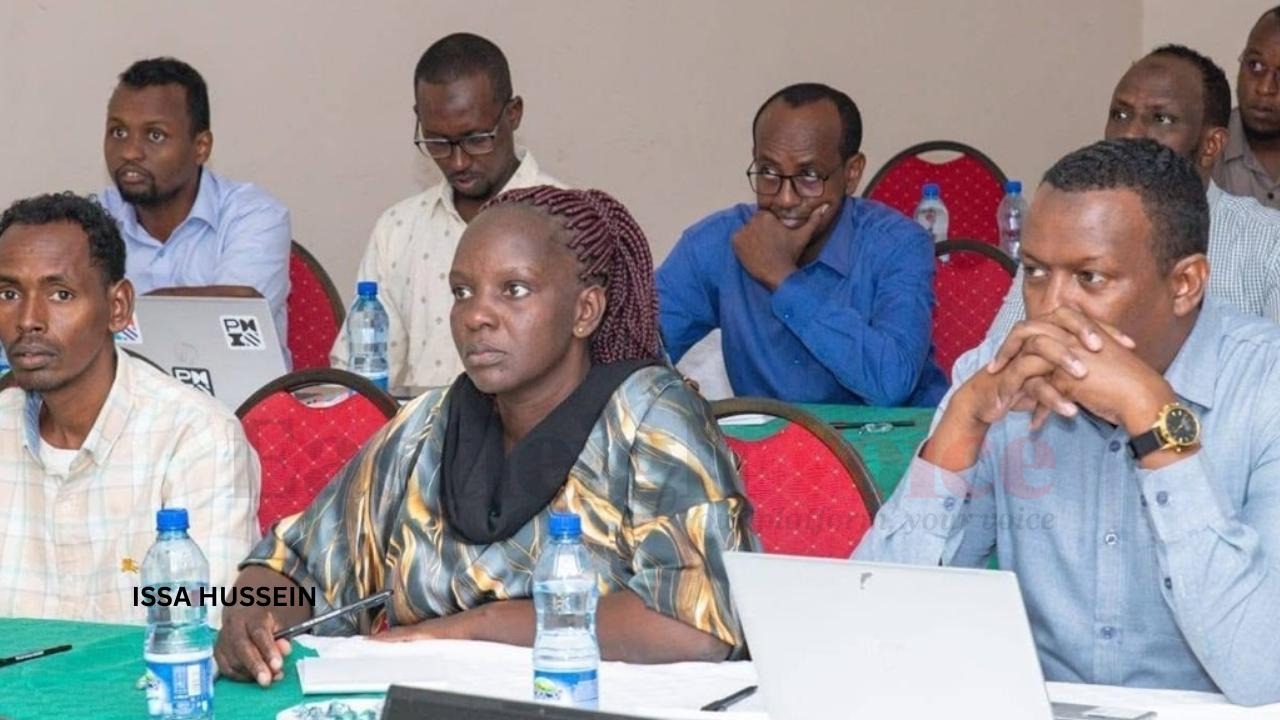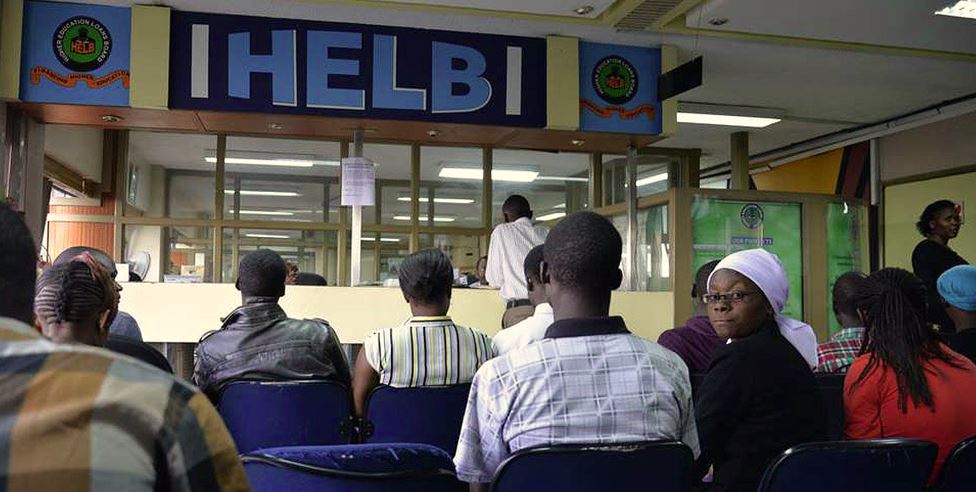Devolution at risk as projects remain incomplete across counties

The findings show that counties often start multiple projects without finishing them, with leadership transitions blamed for the problem. Incoming administrations frequently abandon projects launched by their predecessors, disrupting continuity and wasting public resources.
A fresh assessment by Transparency International has raised alarm over widespread failure by counties to complete development projects, with citizens left in the dark over costs and timelines.
The County Governance Status Report 2025 paints a bleak picture of poor planning, weak oversight, and financial waste that continues to cripple service delivery across devolved units.
More To Read
- Illegal financial flows drain African economies: How tax havens fuel corruption
- Kinshasa court jails ex-Justice Minister Mutamba over Sh2.5 billion corruption scandal
- Bomet Governor Hillary Barchok released on Sh15 million bond
- Bomet Governor Hillary Barchok arraigned in Sh2 million graft case
- Wangamati and 10 others freed on bond in Sh271 million corruption case
- Ex-Bungoma Governor Wycliffe Wangamati, 11 co-accused arraigned over alleged graft
According to the report, stalled or incomplete projects were cited by 29.8 per cent of respondents as the biggest failure of devolution.
“When asked to identify key challenges or failures in the devolved governance, respondents highlighted five main issues. The most mentioned was the problem of incomplete or stalled projects, cited by 29.8 per cent of participants,” the survey reads.
The findings show that counties often start multiple projects without finishing them, with leadership transitions blamed for the problem. Incoming administrations frequently abandon projects launched by their predecessors, disrupting continuity and wasting public resources.
County officials, however, attribute the delays to slow disbursement of funds from the National Treasury and legal issues during procurement processes, which have hampered smooth implementation.
The study also reveals that overstaffing is a burden in many counties, affecting effective service delivery.
“Slightly more than a fifth of the respondents (22 per cent) identified excessive staffing as a significant failure. This could most likely imply that a large part of budgetary allocations is directed to staff costs rather than service delivery,” the report adds.
Corruption and mismanagement were identified by 20.8 per cent of respondents as major contributors to underperformance.
These factors, the report warns, are eating into development budgets and derailing the original goals of devolution.
Even as project implementation falters, residents are increasingly aware of county development efforts.
About 60.2 per cent of citizens said they were aware of ongoing projects in their areas, showing progress in public engagement.
However, a vast majority, 93.5 per cent, had no idea how much those projects cost, and only 22.7 per cent knew the expected completion dates.
“The low levels of awareness on project costs undermine residents’ ability to provide civic oversight, as they lack the requisite information to hold the county or the contractors to account. Furthermore, this widespread ignorance could also be an indication of a lack of transparency in project implementation at the county level,” the report said.
The report notes that a lack of access to key project information not only limits oversight but also suggests that counties are not being fully transparent with the public on how public funds are used.
Still, there were pockets of success. A notable 32.4 per cent of respondents said devolution had led to improved service delivery, while 27.9 per cent felt that services were now more accessible than before due to proximity.
The findings mirror the Auditor General’s 2023–2024 financial year report, which found similar problems in counties.
The audit showed that billions have been lost due to poor management, inflated pricing and irregular tenders, with nearly all counties having at least one stalled or poorly done project.
Examples from counties paint a clear picture. In Machakos, 54 projects worth Sh1.13 billion had stalled.
In Kakamega, 10 projects launched in the 2014–2015 financial year remained unfinished despite Sh3.14 billion already spent out of the Sh7.24 billion total cost.
In Meru, two projects worth Sh36.88 million had stalled, while in Samburu, the value of abandoned projects stood at Sh206.53 million.
The report concludes that unless counties improve planning, continue inherited projects, and ensure transparency, the promises of devolution will remain largely unfulfilled.
Top Stories Today












































